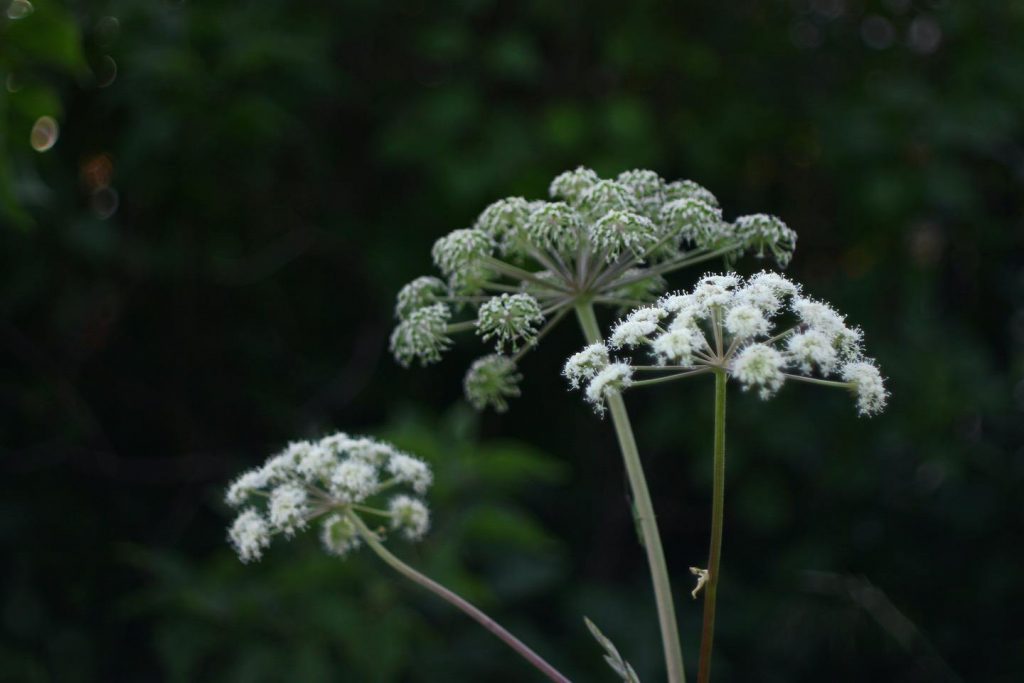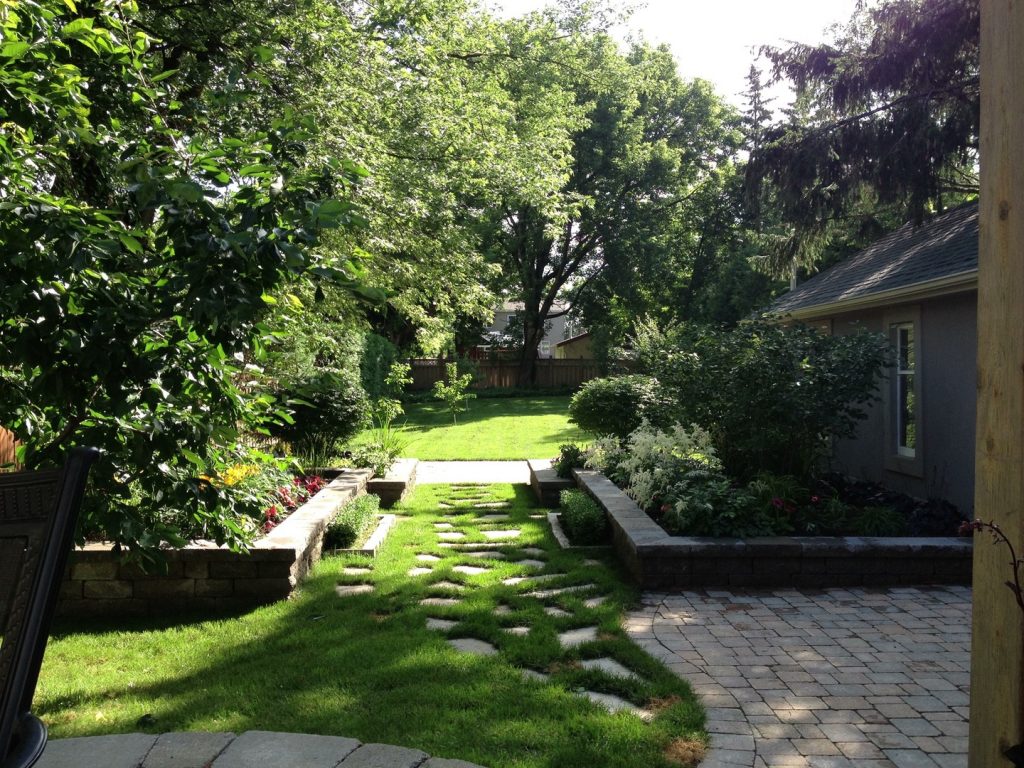
Having told the crowd the parable of the sower, the parable of the weeds and the parable of the mustard seed, Jesus goes on to share one more; “He told them still another parable: “The kingdom of heaven is like yeast that a woman took and mixed into a large amount of flour until it worked all through the dough.””
Like the other parables, this is an exceedingly simple illustration taken from normal and ordinary life. While the wealthy could buy bread already made, the poor need to grow their own wheat and knead their own dough. Stories of subsistence farming and the most basic food preparation are therefore stories of accessibility. You don’t need much to participate in the kingdom of heaven, and the kingdom of heaven doesn’t need much from those who participate in it, only participation!
In western culture it is common for disciples of Jesus to excuse themselves from needing to participate in evangelism or church activity. They reason that such is the domain of others. Some immature disciples think evangelism and church activity is better when it is limited to the highly trained professional or the specially gifted. They might think that church ministry is exclusive to men or not applicable to their field of labor, but Jesus’ parables teach very much otherwise.
In fact, while Jesus’ last three parables have centred on a man working a field, this one does not. Lest the crowd (or the reader) get the impression that only men can work in the kingdom – or that the kingdom of heaven is strictly an activity limited to the workplace – Jesus now uses a woman in a domestic setting. Yet just as the other parables, the idea of unnoticeably subtle but altogether undeniable transformation is very much present.
One must grasp that our gender and our place of labor do not limit the Gospel from being effective. A woman who shares Jesus with her family can be just as effective for the Lord as a man sharing Jesus with a coworker (and visa versa).
One also cannot help but note that the activity of the people in Jesus’ parables is not an exclusive domain. There might be professional bakers, but anyone can make a loaf of bread. There might be professional farmers, but anyone can plant a single seed of mustard, or throw seed over a field. These things are not exclusive to the highly trained. Likewise, even a single hour-old Christ-follower can share what Jesus has done for them. In fact, usually the brand new Christian is more effective at sharing what Jesus has done, because at that point they are still completely accepted by their unbelieving friends and family and therefore have a more receptive audience.
The things Jesus uses in His parables are also not exclusive to the wealthy. Sowing and planting and kneading dough require virtually no education, certainly no formal education. Everyone can serve Jesus in some capacity in the local church. Whoever we are and whatever station we have in life, we can and should be used of God both outside and inside the church!
The Scripture says, “Everyone who believes that Jesus is the Christ is born of God.” (1 Jn 5:1). The kingdom – and participation in the kingdom – is for everyone.
Marcus Verbrugge
APPLICATION: Intentionality
Sometimes the answer to our prayer for help comes from the most unlikely of people from our perspective, but always from exactly the right person from God’s perspective.









